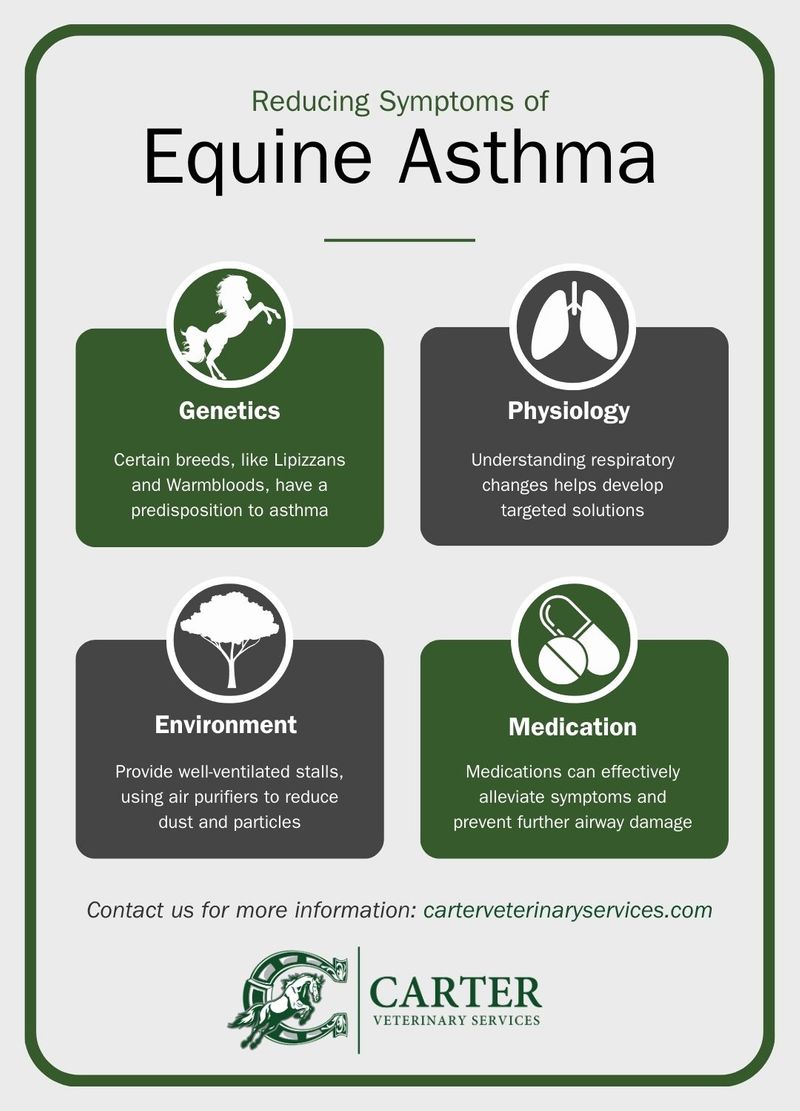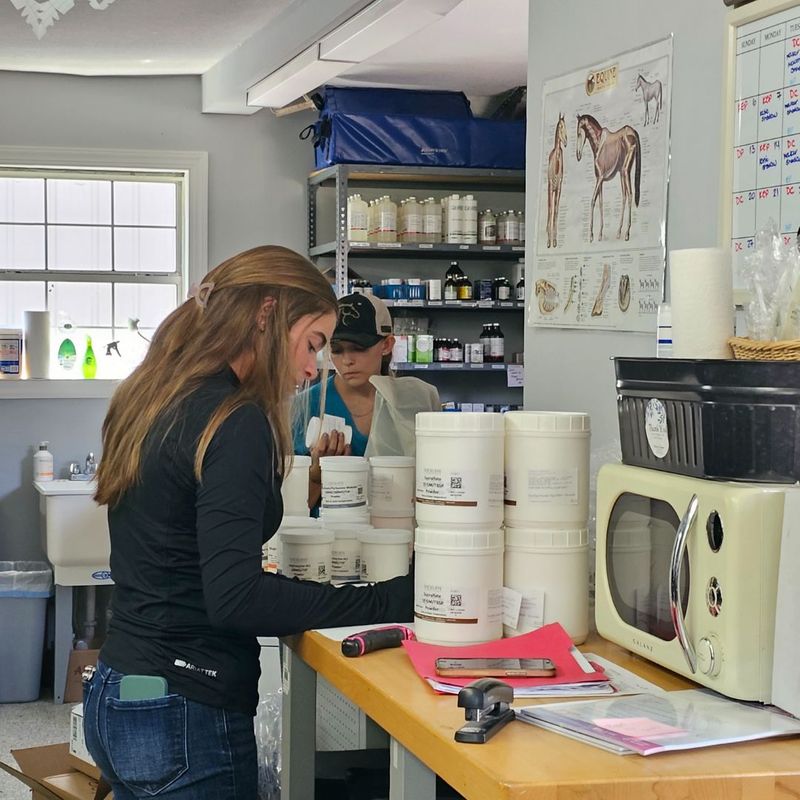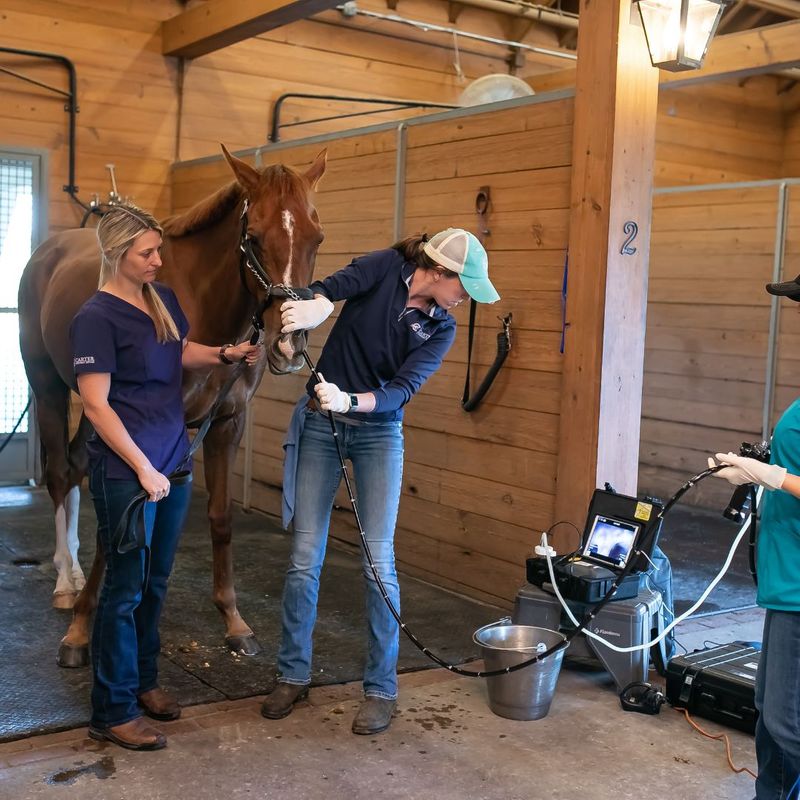Equine asthma, commonly known as "heaves," is a serious condition that affects a significant percentage of horses, particularly in the Northern Hemisphere. From young athletic horses to older companions, this condition can impact their quality of life and performance. It can often be triggered by environmental factors such as dust and pollen.
Implementing a regular monitoring program can aid in the early detection and management of equine asthma, optimizing treatment outcomes for affected horses. It is crucial for horse owners to recognize the indicators, manage the problem effectively, and provide the necessary treatment to keep their equine companions healthy and active. Carter Veterinary Services explores this condition further and offers solutions.





